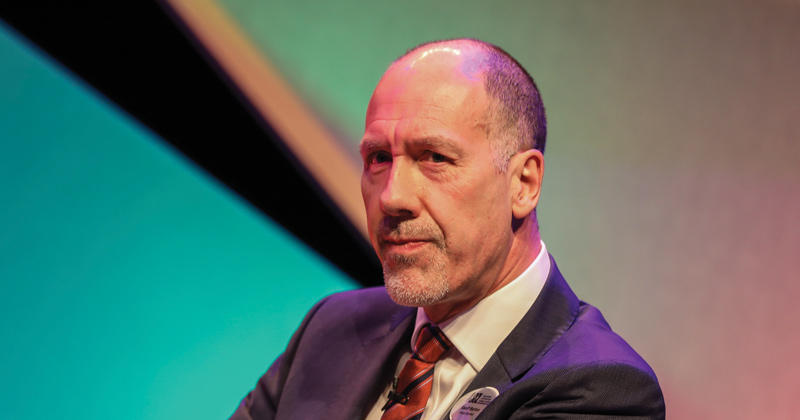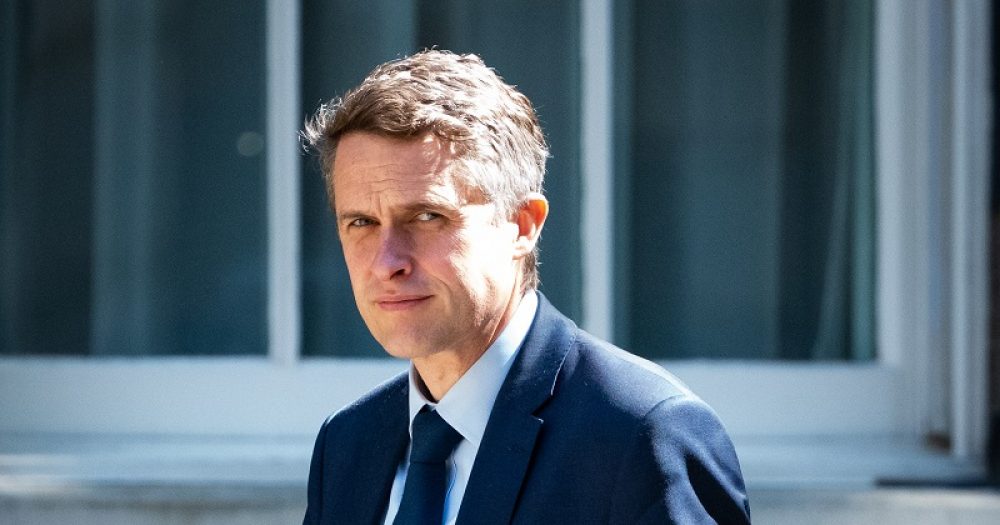The government will spend £1 billion on an education “catch-up plan”, with a large chunk of the cash going directly to schools.
Under proposals outlined today, state primary and secondary schools will split £650 million in additional funding for the 2020-21 academic year to help their pupils catch up on education missed as a result of the coronavirus pandemic.
We are confused by the assertion that headteachers will decide how the money is spent, when this is immediately followed by an expectation that it should be used on small group tuition
The remaining £350 million will pay for the establishment of a National Tutoring Programme, which will run for the duration of the next academic year and give schools access to subsidised tutoring sessions and free coaches for up to two million disadvantaged pupils.
But the details aren’t clear. The Department for Education said heads would have discretion on how to spend the £650 million, which is equivalent to just over £91 per pupil. But the department also said it expects them to spend the cash “on small group tuition for whoever needs it”.
Confusion over cash freedoms and summer schools
The DfE has also said schools can spend the money on other initiatives, such as summer schools, but has not explained how that fits with their demand that schools use it for tutoring. It’s not clear if the funding is per-pupil, or will be awarded on a grant basis.
“We are confused by the assertion that headteachers will decide how the money is spent, when this is immediately followed by an expectation that it should be used on small group tuition,” said Geoff Barton, general secretary of the Association of School and College Leaders.

The announcement comes amid growing pressure on ministers to address the widening attainment gap caused by coronavirus. Research shows disadvantaged pupils are more likely to have missed out on education during partial school closures than their better-off peers.
Gavin Williamson, the education secretary, said the package “will make sure that every young person, no matter their age or where they live, gets the education, opportunities and outcomes they deserve”.
The Education Endowment Foundation (EEF) is due to publish a guide later today to help school leaders decide how to use their £650 million in additional funding. Suggestions highlighted by the DfE include “intervention programmes, extra teaching capacity, access to technology and summer schools”.
However, the DfE said the funding was for the 2020-21 academic year, so it is not clear whether schools will receive it in time to pay for activities this summer.
Schools to pay 25% of tutoring session costs
The £350 million National Tutoring Programme will be run by the EEF, Sutton Trust, Impetus and Nesta, and will be split into two strands.
Under “NTP Partners”, schools will get access to “heavily subsidised” tuition sessions for their pupils from an approved list of organisations. The sessions will be subsidised by as much as 75 per cent for the first year, meaning they will cost £12 per session.
Opportunities will be advertised on eligible tutoring organisations and the NTP website, which will launch soon.
And “NTP Coaches” will see recent graduates trained up and then employed by schools to provide “intensive catch-up support” to pupils, with their salaries paid for by the programme.
In both cases, it will be up to schools to decide how to deploy the tutoring, and whether to use it for individual pupils or small groups.
The government said on Friday morning the NTP is “designed to reach up to two million of England’s most disadvantaged children”.
Schools will be able to decide whether to use tuition sessions in addition to their pupils’ normal school day, or during their timetabled day.
The EEF gives the example of a pupils getting one hour of tutoring per week for a course of 12-15 weeks.
But recent analysis by Simon Burgess, a professor of economics at the University of Bristol, found that providing small-group tutoring to around 40 per cent of pupils would cost around £410 million.
Leadership unions ‘not consulted’ on plans
The Sutton Trust and EEF highlighted “extensive high-quality evidence demonstrating the potential of one-to-one and small-group tuition, delivered in partnership with schools, as a cost-effective way to support pupils who are falling behind”.
The charities’ Teaching and Learning Toolkit suggests it can boost progress “by up to five months”. Randomised controlled trials funded by the EEF “have also found positive effects for a range of tuition models”.
Paul Whiteman, general secretary of the National Association of Head Teachers, said the “considerable” investment will “empower schools to provide the support that pupils will need as they return to school”.
But Barton said it “remains frustrating that we haven’t had the opportunity to discuss any of this with the government ahead of this announcement and that we once again find ourselves having to guess the detail”.
Johnson added he is “determined to do everything I can to get all children back in school from September, and we will bring forward plans on how this will happen as soon as possible”.








Why On earth is this money being spent? And all the money on the Apprentice Scheme? Surely a simpler, more cost effective and better solution for children is to have them all repeat the year they were in as at March23rd? If the intake for receptiom were restricted to the eldest of starting age children and 4 year olds were deferred then the government does not need to deal with masses of school leavers without jobs and an expensive, difficult apprenticeship scheme along with this expensive and unproven tutoring scheme!
I am a primary tutor for SATS and Kent Test work. Please can you tell me how I enrol/register to sign up to deliver the catch-up package in the school where I work. Thank you.
I am a retired teacher and would like to get involved in the summer catch up scheme. Could you give some guidance on how I apply.
Thank you